“I had a car when I was 14 that I wasn’t supposed to have. This was a Honda Accord hatchback. It was missing a driver’s side window, which I put plastic up for. But one of the first things we did was we went and got house stereo speakers. And we found our way […]
In their compelling analysis of Claudia Rankine’s book-length poem Citizen, Moby Yang transforms the literary element of second-person address into a tool for reconstructing the identity of the reader. Examining the distance between white reader and Black subject, they argue that by placing “you” in the uncomfortable and disorienting experiences of Blackness, Rankine forces readers […]
Drawing on the work of Angela Davis, Mariame Kaba, and Löic Wacquant, Reagan Cobb artfully calls into question the pervasive capitalist invention: the prison industrial complex. Starting with a comprehensive history of the foundations of the PIC, Cobb continues to bare the foundationally exploitative nature of this American system, revealing the incentives of even public […]
Investigating an age-old question—can we separate the art from the artist?—through the lens of Lovecraftian horror, Aren Morrissey crafts a compelling story of how queer people have been able to engage with the genre in ways that embrace diversity, rather than reinforcing its history of prejudice. Delving into the work of the queer podcast Hello […]
In this powerful essay, Rheva Wolf critically exposes the ways by which botanic gardens perpetuate legacies of colonialism, extraction, and erasure. They then propose the path botanic gardens should take to decolonize, for instance by involving Indigenous populations in the cultivation of plants. Ultimately, Wolf urges botanic gardens to be agents of positive social change […]
In this essay, Catherine Nichols raises the question, was Paul the Apostle a radical advocate for gender equality or a defender of a binary hierarchy? By rigorously examining 1 Corinthians 11:3-12, Nichols lays out Paul’s ambiguous—and often contradictory—ideas about the position of women relative to men and God. Focusing on Paul’s specific verbiage and incorporating […]
Pairing musical analysis with feminist theory, Aiden Hahn examines the ways in which Björk’s Vespertine subverts traditional feminist messages. Hahn investigates the concept of the domestic within Björk’s world, detailing how a space traditionally limiting for women was liberating for the artist. Ultimately, Hahn identifies how Björk has consciously reclaimed the domestic as a part […]
Aranne Jung has crafted a compelling narrative of resilience in her essay on the haenyeo—South Korean women who free dive for abalone and other shellfish. This remarkable non-fiction piece begins by delving into South Korea’s history, touching on the royal family’s ancient appetite for shellfish, before seamlessly transitioning to the present. Jung expertly highlights the […]
Drawing on recent reporting on Nigeria and scholarship on democracy, Olohi John methodically tells the story of the Nigerian government’s 2013 proposed ban on the burqa. She establishes Boko-Haram’s exploitation of religious expression as well as the successful sway of the opposition, in part due to faith, against the government’s response to that violence. In […]
Whitin’s essay unflinchingly considers the current restoration work the Seminole Tribe of Florida is doing on the Florida Everglades as a tribe that was forced off of their original land, forced to inherit the Everglades, and is now being forced to work on said restoration work alongside the White Settlers who are destroying the Everglades. […]


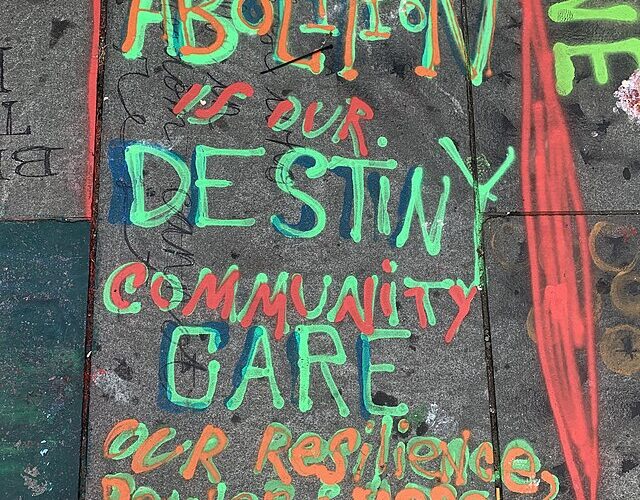
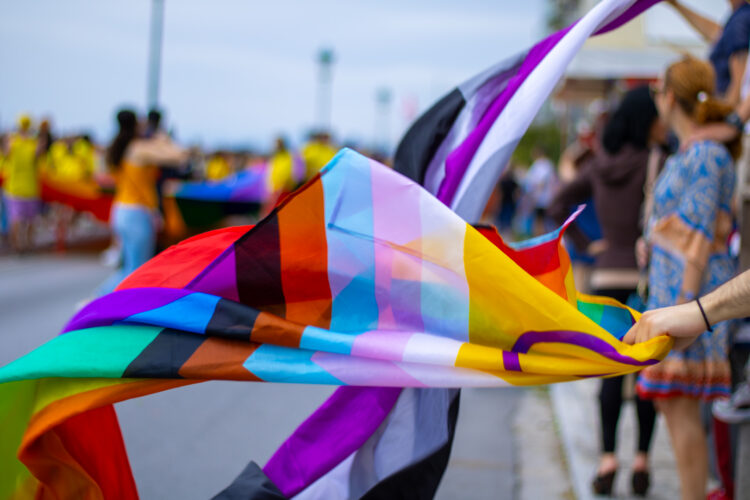
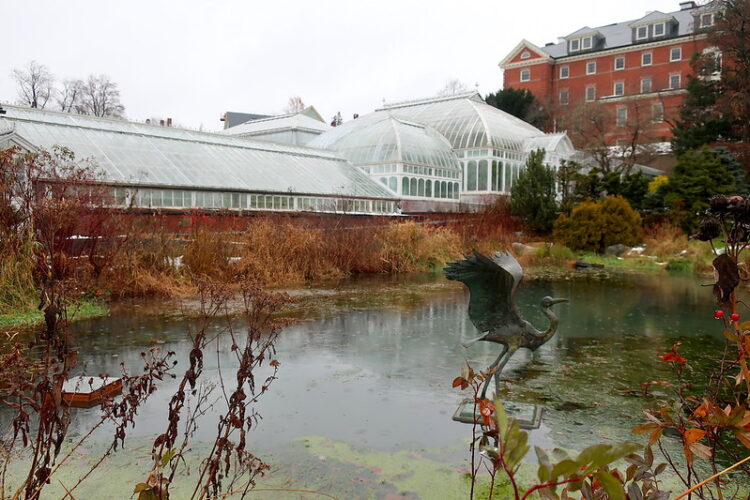


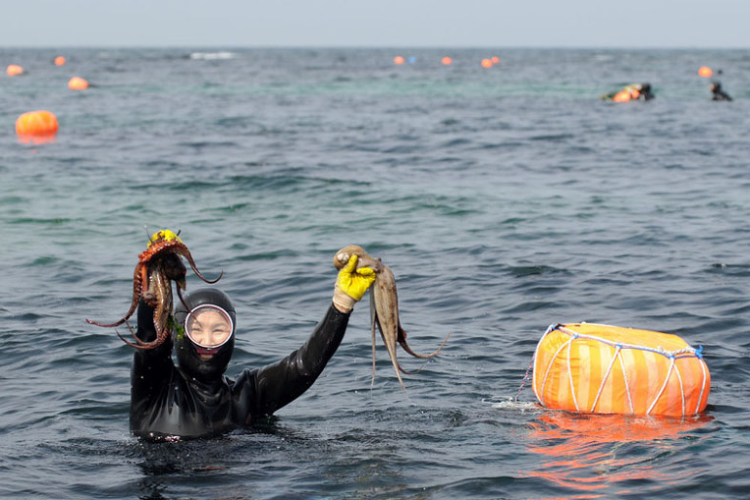
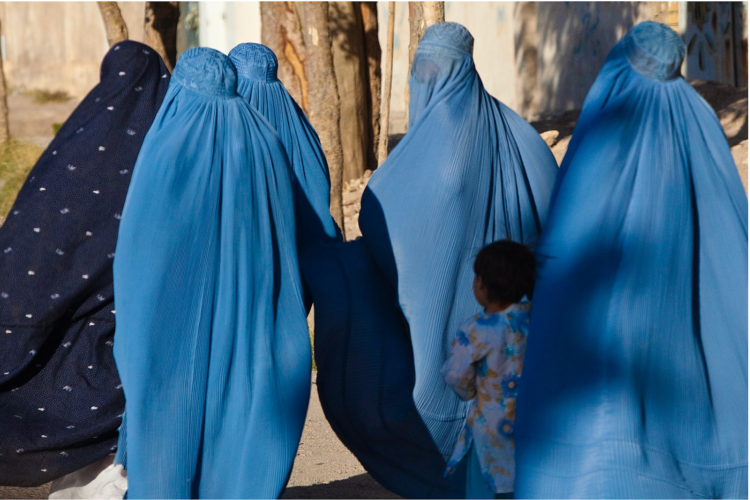
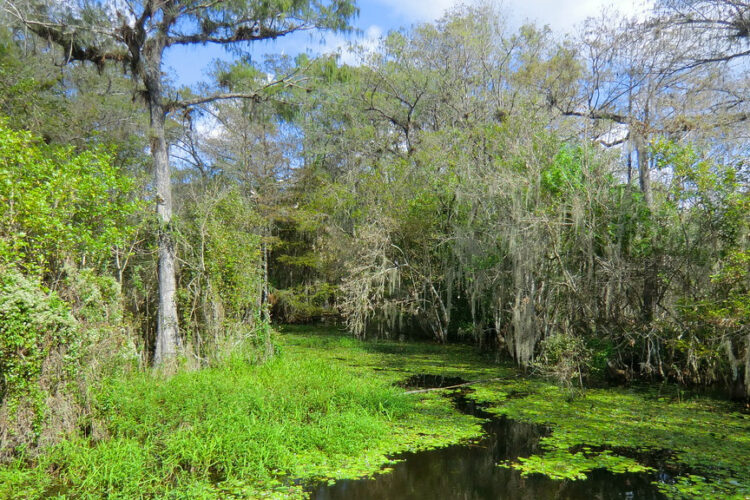
Recent Comments